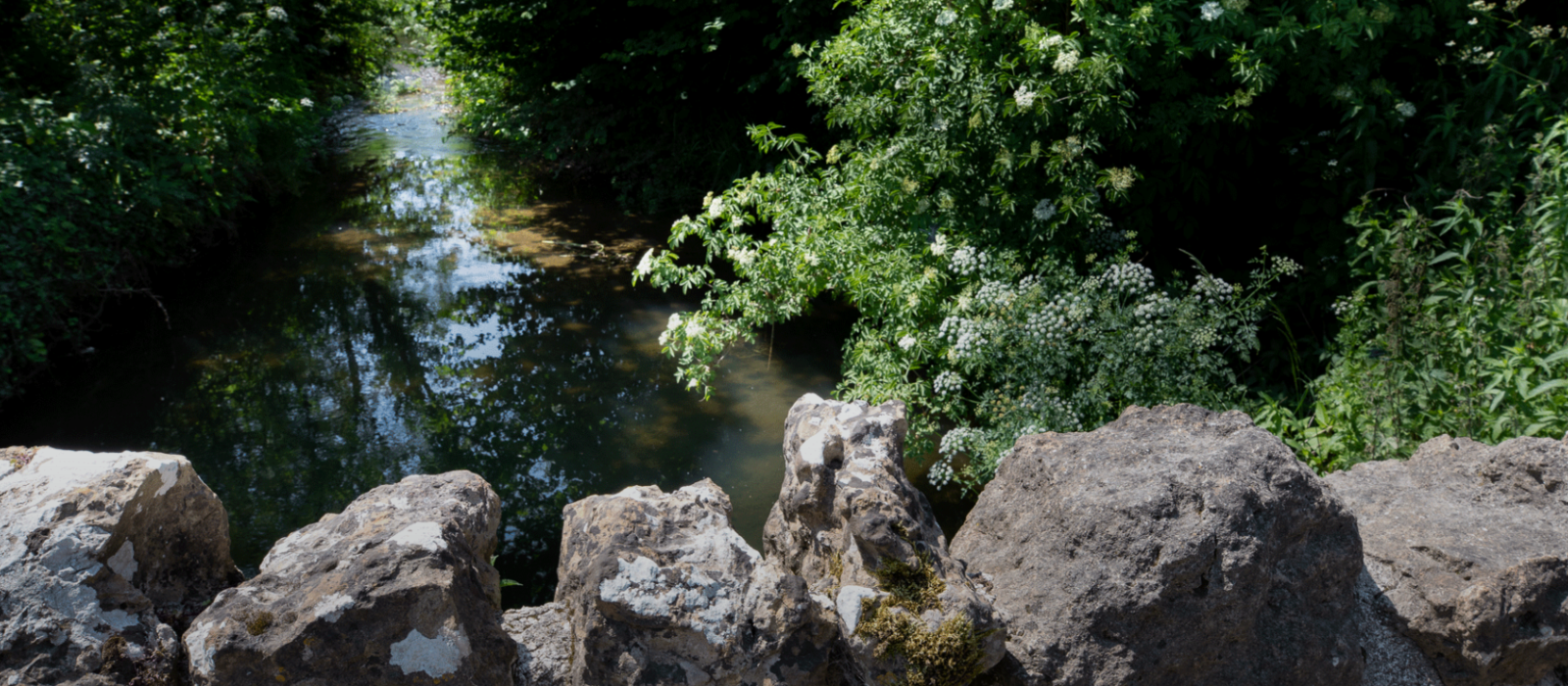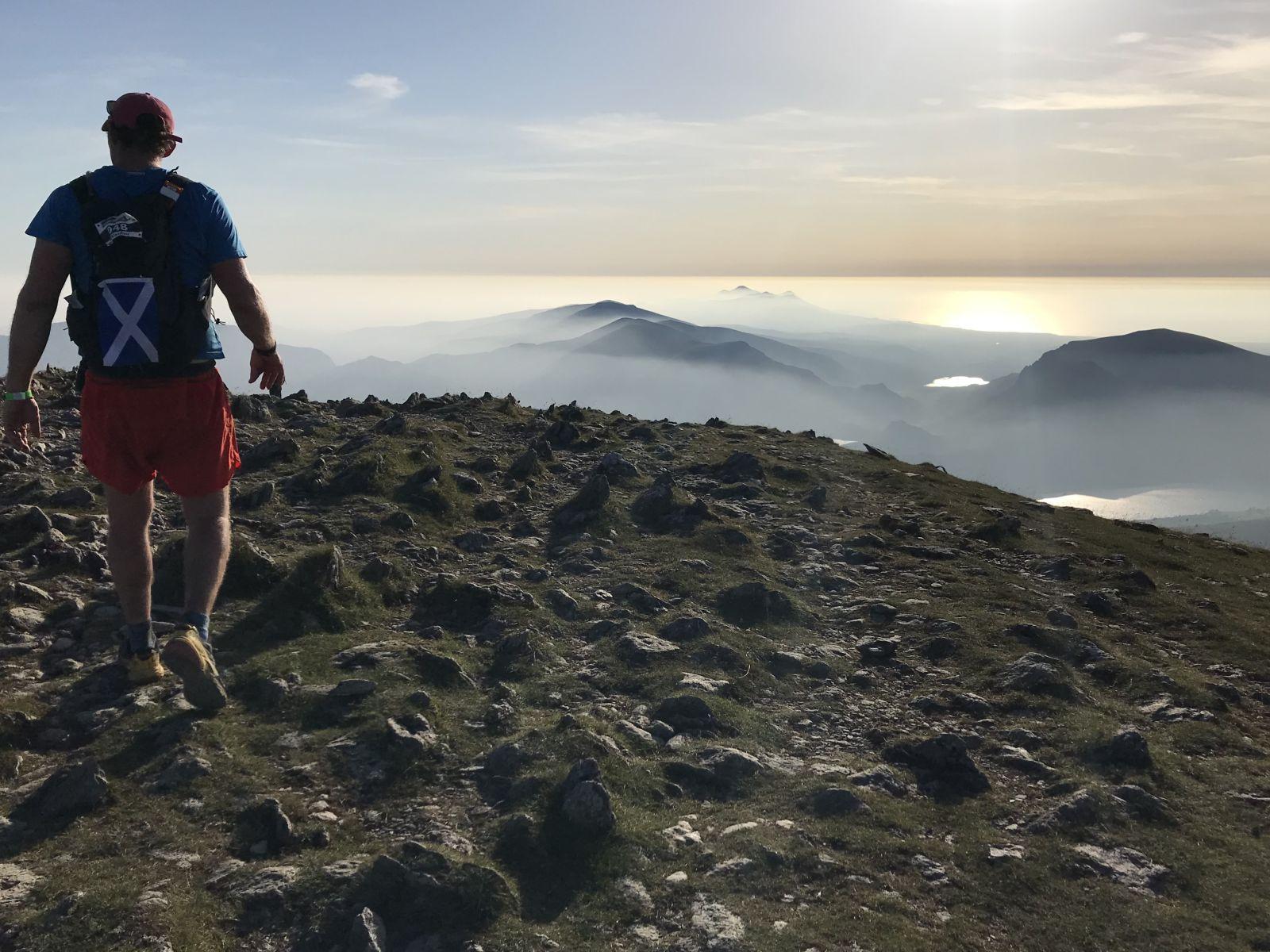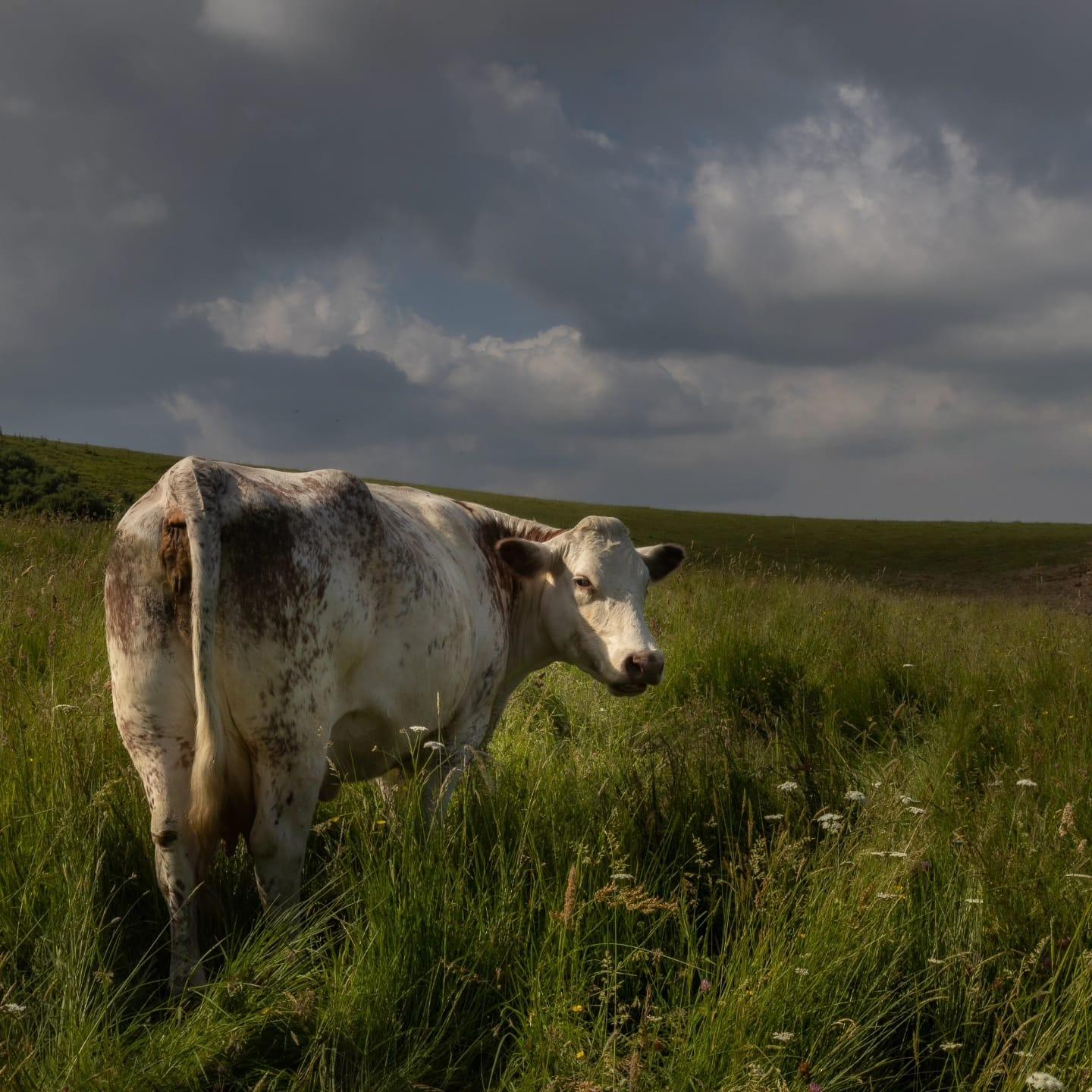Meet Alasdair Moffett, Project Manager of the Upper Axe Landscape Recovery Project
Alasdair Moffett

Alasdair Moffett graduated from the University Of Glasgow in 2008. A true Scot, he grew up in the Scottish Highlands and has a great affinity for the Scottish landscape and the true rugged wonder that it offers.

Now based in Devon, with his wife and two daughters, Alasdair has a deep passion for the great outdoors, finding solace competing in ultramarathon trail races. He recently completed the 100 mile West Highland Way and hosts his own East Devon Round, a 64 mile ultra race around the East Devon countryside in partnership with local farmers and local sustainable food providers.
Alasdair has spent the last 15 years in farm animal clinical practice, whilst also fostering his keen interest in sustainability. He completed a Masters in International Animal Health and is wholly committed to promoting sustainable food production, as well as protecting the natural resources that our delicate planet has to offer.

He has recently moved away from clinical practice to take up a new role as project manager within the Upper Axe Landscape Recovery Project. This project, supported and part-funded by DEFRAs landscape recovery scheme, aims to bring farmers and landowners together to restore and protect the River Axe. Flowing through the boundaries of Dorset, Somerset and Devon, the River Axe has suffered a steady decline in water quality due to a combination of surrounding soil degradation and resultant silt accumulation within the channel, nutrient enrichment, particularly phosphate, and overabundance of algae. As a result the river now suffers from poor biodiversity and has been given the labelling of “failing good ecological status” under legislation known as the Water Framework Directive.
With 3 main themes, farming, rivers and people, this regeneration project focuses on restoration of the River Axe, a Special Area of Conservation (SAC) and a Site of Special Scientific Interest (SSSI). Land management has changed dramatically in the Axe catchment over recent decades, with the catchment suffering from pronounced soil compaction in part due to its high clay content. With compaction comes an inability for rainfall to percolate through the soil and generates an increase in surface water run-off. Specific to Southwest England is the visible increased surface run-off associated with the degraded soils of farmland. Also pertinent to the Southwest is the tripling of the area used to grow maize since the early 1990s. Within farming communities there is now a real will to adopt farming practices which will improve both the soil organic matter and its functionality and this forms the mainstay of the landscape recovery project.
The project aims to demonstrate that productive agriculture, the natural environment and a will to counter climate change can co-exist. Farmers manage 75% of our inhabited land and therefore only by working alongside farmers, and utilising their knowledge of the land they farm, can we realise the potential for the public to view farms and food production as part of the solution to biodiversity loss, greenhouse gas emissions and ultimately climate change. Over the generational time-frame, the project aims to work towards both economic and environmental resilience within the participating farms.
Alasdair has written a wonderful resource 'A River Runs Through it' which provides an overview of the importance of our natural rivers and outlines the ways in which farmers can make a difference in protecting these natural resources. Part 1 and Part 2 are available on the vet sustain website and more information about the River Axe Landscape Recovery Project can be found on their website: https://upperaxe.org/